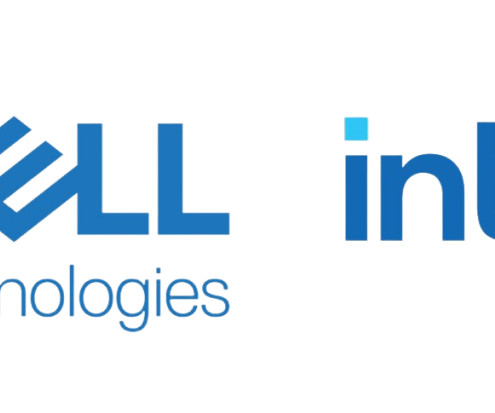14 in-demand cloud roles companies are hiring for
CIO
DECEMBER 22, 2023
Skills: Knowledge and skills for this role include an understanding of implementation and integration, security, configuration, and knowledge of popular cloud software tools such as Azure, AWS, GCP, Exchange, and Office 365. Role growth: 20% of businesses have added cloud systems engineer roles as part of their cloud investments.


















Let's personalize your content